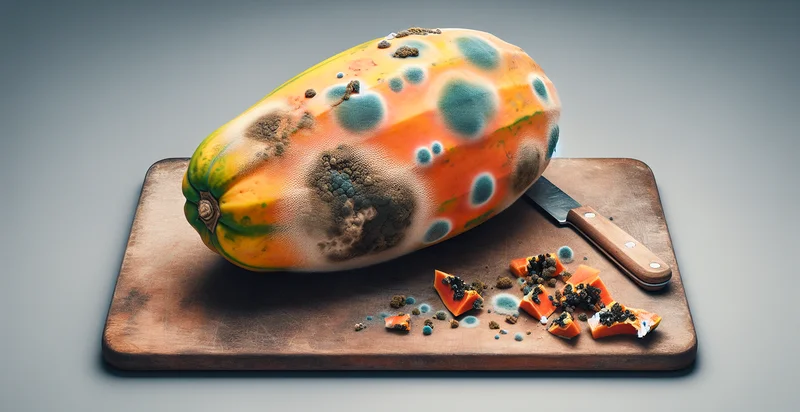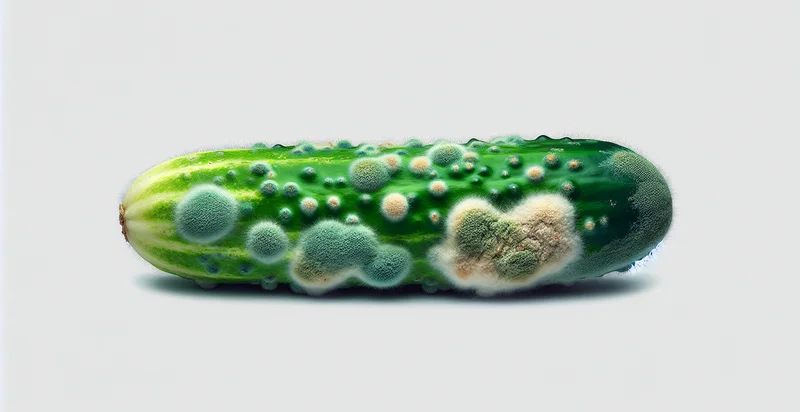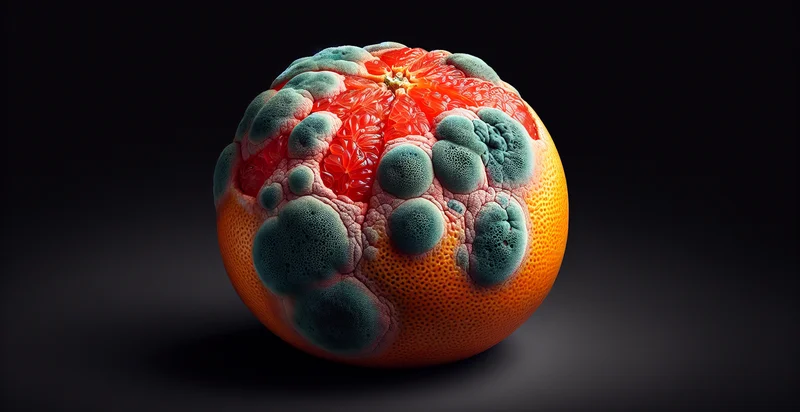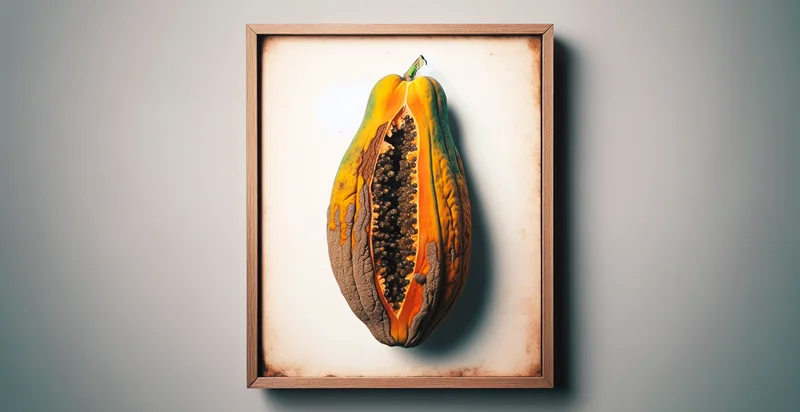Identify if papaya is moldy
using AI
Below is a free classifier to identify if papaya is moldy. Just upload your image, and our AI will predict if the papaya is moldy - in just seconds.

Contact us for API access
Or, use Nyckel to build highly-accurate custom classifiers in just minutes. No PhD required.
Get started
import nyckel
credentials = nyckel.Credentials("YOUR_CLIENT_ID", "YOUR_CLIENT_SECRET")
nyckel.invoke("if-papaya-is-moldy", "your_image_url", credentials)
fetch('https://www.nyckel.com/v1/functions/if-papaya-is-moldy/invoke', {
method: 'POST',
headers: {
'Authorization': 'Bearer ' + 'YOUR_BEARER_TOKEN',
'Content-Type': 'application/json',
},
body: JSON.stringify(
{"data": "your_image_url"}
)
})
.then(response => response.json())
.then(data => console.log(data));
curl -X POST \
-H "Content-Type: application/json" \
-H "Authorization: Bearer YOUR_BEARER_TOKEN" \
-d '{"data": "your_image_url"}' \
https://www.nyckel.com/v1/functions/if-papaya-is-moldy/invoke
How this classifier works
To start, upload your image. Our AI tool will then predict if the papaya is moldy.
This pretrained image model uses a Nyckel-created dataset and has 2 labels, including No Not Moldy and Yes Moldy.
We'll also show a confidence score (the higher the number, the more confident the AI model is around if the papaya is moldy).
Whether you're just curious or building if papaya is moldy detection into your application, we hope our classifier proves helpful.
Related Classifiers
Need to identify if papaya is moldy at scale?
Get API or Zapier access to this classifier for free. It's perfect for:
- Quality Control in Agriculture: Implementing the moldy papaya identifier can enhance quality control processes in agriculture. Farmers can quickly assess the condition of their harvest, allowing them to make timely decisions on sorting and grading fruit, reducing losses from unsellable products.
- Supply Chain Management: Distributors can utilize this technology to assess the quality of fruit during transportation and storage. By identifying moldy papayas early, they can prevent spoilage and ensure that only fresh products reach retailers, minimizing waste in the supply chain.
- Retail Freshness Monitoring: Grocery stores and supermarkets can integrate this classification tool to monitor the freshness of papayas in their inventory. This helps in maintaining high-quality produce on shelves, leads to better customer satisfaction, and minimizes returns or complaints related to spoiled products.
- Food Safety Regulations Compliance: Utilizing a moldy papaya identifier can assist food processing facilities in adhering to food safety regulations. By ensuring that any spoilage is detected early, businesses can reduce the risk of selling contaminated products and avoid costly penalties from regulatory bodies.
- Consumer Education and Engagement: Companies can develop applications that inform consumers about the condition of papayas in real time. By providing a way to check if a fruit is moldy before purchasing, businesses can increase consumer confidence and foster trust in their brand.
- Automated Sorting Systems: Integrating this function into automated sorting lines can significantly enhance efficiency. As papayas are processed, the system can automatically remove moldy fruit from the batch, ensuring only high-quality products proceed to packaging and distribution.
- Smart Farming Solutions: Farmers can leverage mobile applications equipped with the moldy papaya identifier to monitor their crops remotely. This real-time data enables better management decisions and resource allocation, increasing yields while minimizing environmental impact through targeted interventions.


